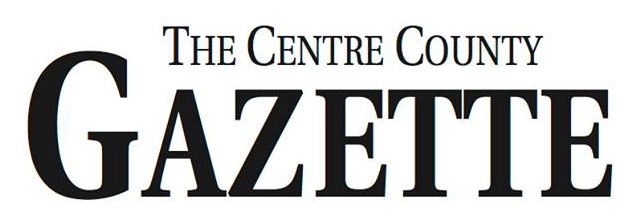
no description

no description
STATE COLLEGE — State College Borough Council on Feb. 5 voted unanimously to make conversion therapy illegal in the borough.
The ordinance approved by council bans the psuedoscientific practice, which tries to change a person’s sexual orientation or gender identity and is generally used on LGBTQ youth, from being used on anyone under the age of 18.
Council and community members spoke strongly against conversion therapy and in favor of the ordinance, calling the practice horrific and abusive.
Front & Centre, a nonprofit organization formed last year to promote LGBTQ rights in Centre County, has made advocating for conversion therapy bans throughout the area a focus of its work.
“By fostering a relationship with you, the borough council, to end such horrific practices, we are just beginning to see a change in our community,” said Front & Centre chief of staff Alexandra Kohr. “This ordinance bans conversion therapy for minors but also gives us the opportunity to bring legislation elsewhere and we’ll ban conversion therapy there, too. We’re making sure tonight State College is welcoming today tomorrow and for many years to come.”
Kohr said the group will continue to advocate for making the practice illegal in places such as Ferguson Township, Howard and Port Matilda.
Anthony D’Augelli, a clinical psychologist and Penn State faculty member, cited a consensus report by multiple professional organizations issued by the federal government in 2015 that calls for an end to conversion therapy and state and local legislation to bar it.
“They essentially say that any interventions designed to modify people’s sexual orientation or gender identity are problematic,” he said.
“They’re troublesome first of all because they’re not based on any scientific literature. There is no evidence we can change anyone’s sexual orientation and there’s no evidence we can change anyone’s gender expression or gender identity.”
D’Augelli said that forcing someone into a sexual orientation or gender identity is harmful to their self-esteem, mental health and physical health.
Council member Dan Murphy said that the threat of conversion therapy alone, and a community allowing it, are detrimental to LGBTQ youth.
He wanted any LGBTQ youth “to be very clear about two things. One, anyone who attempts to fix or repair you is a reflection of how broken they are, not how broken you are. And, two, you are loved, you are worthy and you are whole. I am thankful you are here and I am thankful you are part of this community.”
Health organizations in the U.S. and internationally have widely denounced conversion therapy as ineffective and harmful. It has been banned in 10 states and Washington, D.C., and a number of individual municipalities, including Philadelphia and Pittsburgh.
Council member Evan Myers called the practice “medieval.”
“You can no more change someone’s sexual orientation than you can change the color of their skin,” he said. “It’s time tonight we damn this torturous practice.”
Council member Jesse Barlow called it “an abomination and it amounts to child abuse,” and said he wants to see it banned in other municipalities and at the state level.
While he was strongly in favor of the ban, calling conversion therapy “destructive” and “toxic,” council member David Brown, a psychologist himself, said he was unsure if it was actually being practiced in the borough. He also said he was troubled that the ordinance did not include pastors and ministers who act as counselors.
The ordinance bans conversion therapy from being practiced by any professional licensed or registered to provide mental health services, as well as anyone who provides counseling, mental health and behavioral health services as part of their professional practice.
Borough solicitor Terry Williams said specifically including clergy could be viewed as a direct religious attack and would be unlikely to survive a challenge.
Anyone convicted of violating the ordinance will receive a fine of $300 to $1,000 plus the cost of prosecution.
Receive all the latest news and events right to your inbox.

403 S. Allen St.
State College, PA 16801
(814) 238-5051
